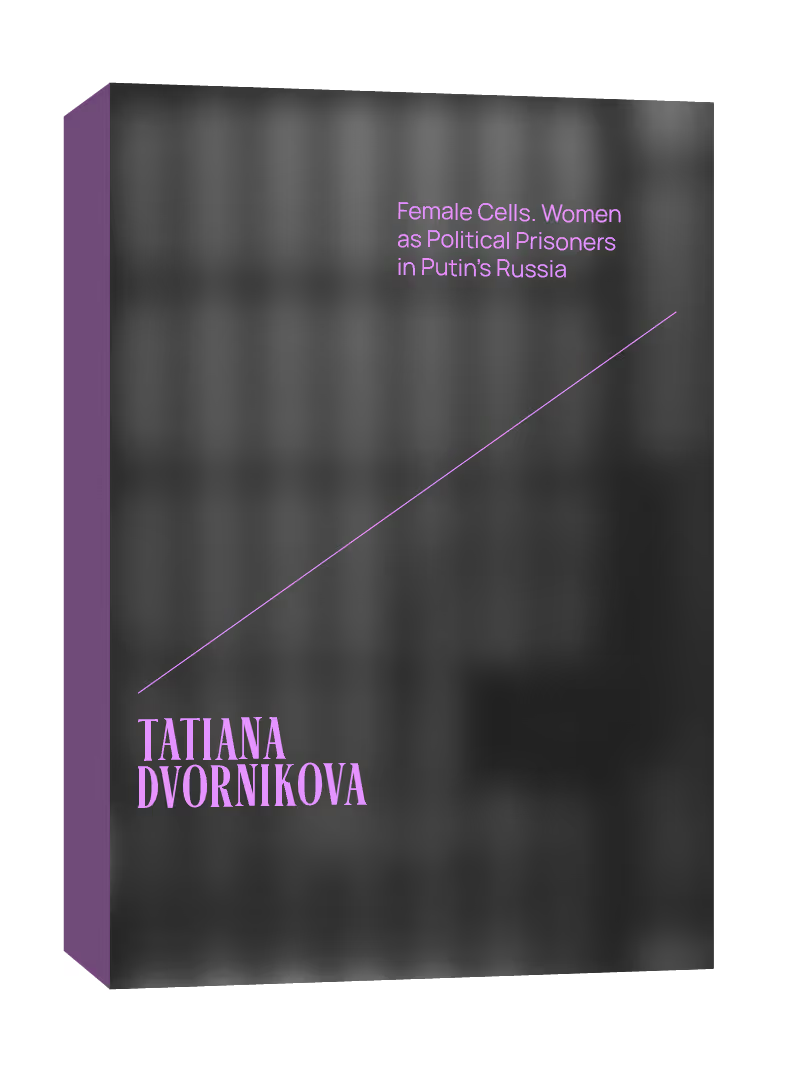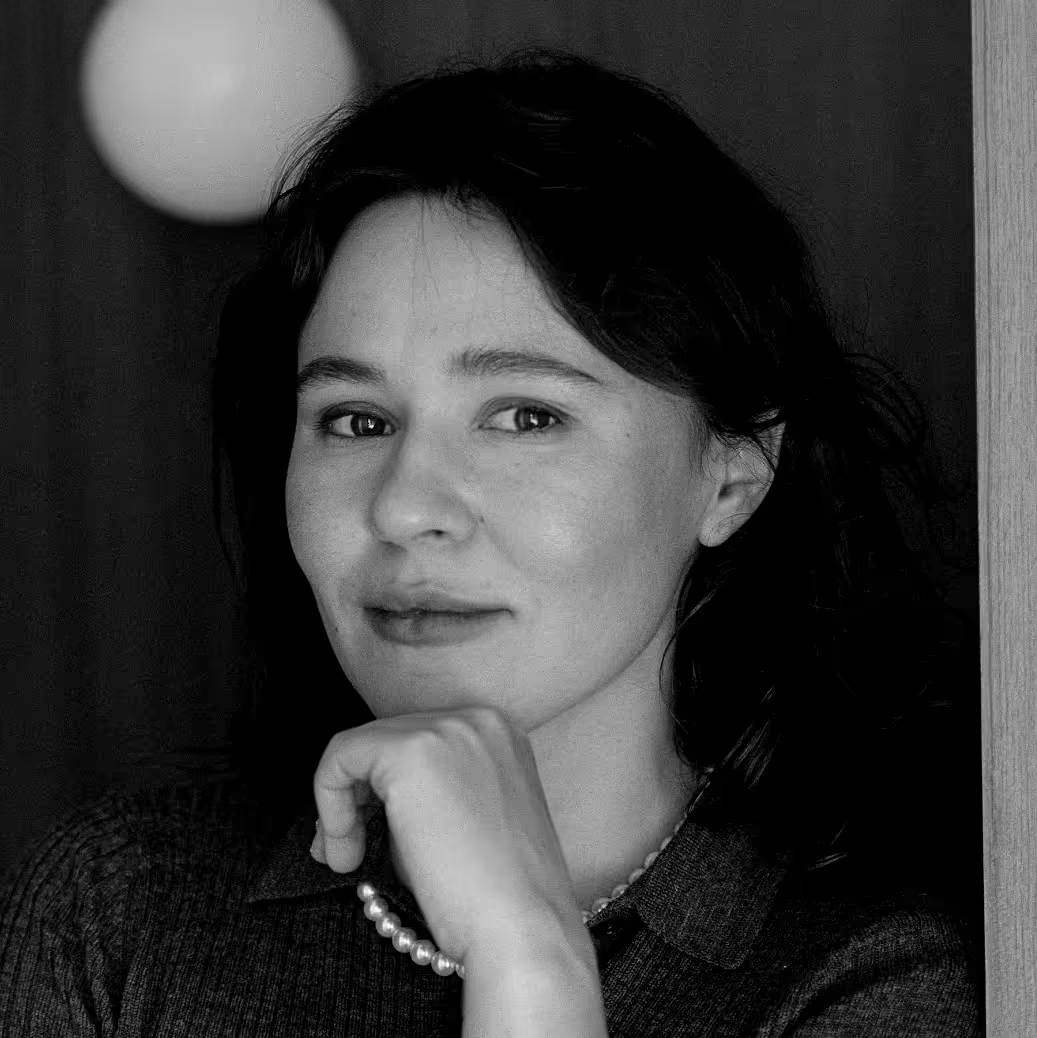A Moscow anarchist accused of plotting to blow up the FSB headquarters. A museum professional and historian who protested against local abuses of power. An accountant who became collateral damage in the government’s case against a liberal theater. A lawyer who volunteered as a regional coordinator for Alexei Navalny’s presidential campaign. A senior citizen who shared an anti-war post on social media. A Jehovah's Witness who wanted nothing more than to continue practicing her faith. A hairdresser who spilled her opinion about Putin’s war in Ukraine to a coworker. All of these are women, and all of them — and hundreds more — became victims of political persecution in Russia.
As of 2025, more than 25% of Russian political prisoners are female. Their numbers are growing every month, but their voices remain unheard. Built on years of meticulous field research and dozens of in-depth interviews with former and current Russian female political prisoners, this book intends to change this, and provide a fresh perspective on the ever-urgent issue of the victims of political repressions in Russia.
How was the new system of political repressions built step by step? What methods does the government use to implicate women in “crimes”? How does the Russian prison system work, how it is used to suppress dissent, and how does a woman live and survive in jail? Tatiana Dvornikova’s book addresses these and other questions, combining deep analysis, personal stories of brave women who endured severe punishment for their political beliefs, as well as cautionary tales of innocent bystanders who also became victims of state repression. It paints a full picture of how the Russian authorities have turned against their own citizens and revived the worst practices of the Soviet regime, reinforcing them with the instruments available to the XXI century surveillance state.
GENRE
STATUS
SAMPLES
RIGHTS
On May, 1st, 2009, a group of anarchists celebrating International Workers’ Day in St. Petersburg were detained by the Russian riot police (OMON), and among them was Tatiana Dvornikova. Since then, she has lived in fear of being imprisoned and has learned to tame this fear through research and writing. Over the past decade, as a sociologist and journalist, Dvornikova has been studying the Russian penal system through the lens of female experience. During this time, she conducted multiple studies on the topic and published papers on how women adapt to prison life. She visited Russian penal colonies on numerous occasions, contributed to leading Russian independent media outlets, was cited in the New York Times, and received numerous awards for her journalistic and academic work, including Oxford Russia Fellowship and the Bourse France Excellence scholarship. For the last seven years, while continuing her research, Dvornikova has been an editor at openDemocracy.





